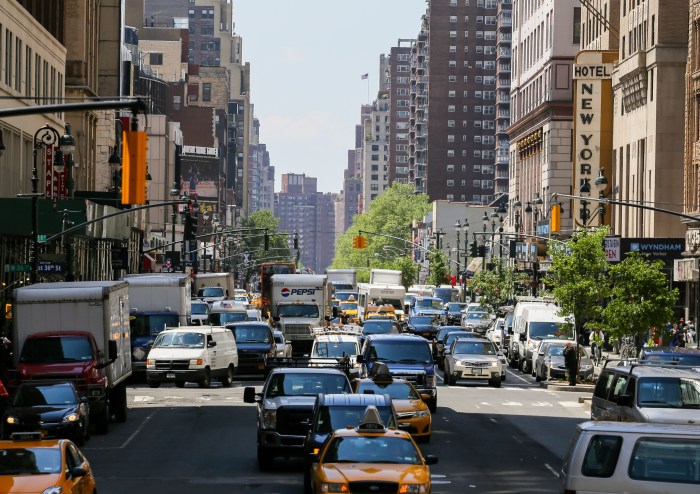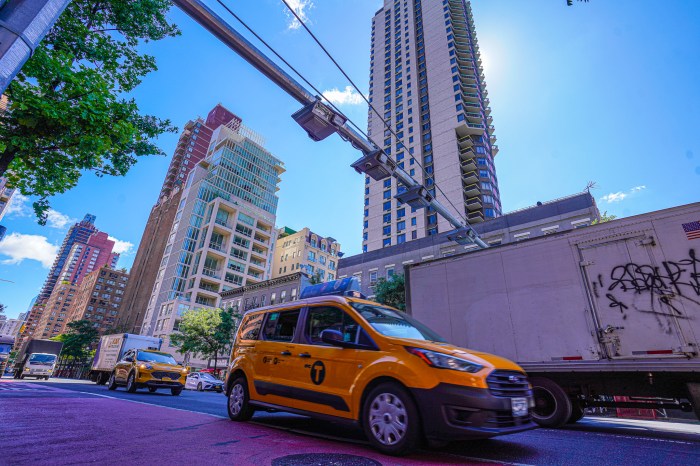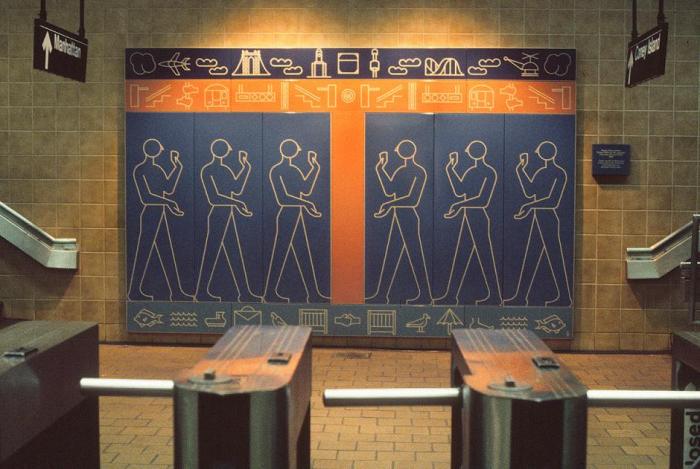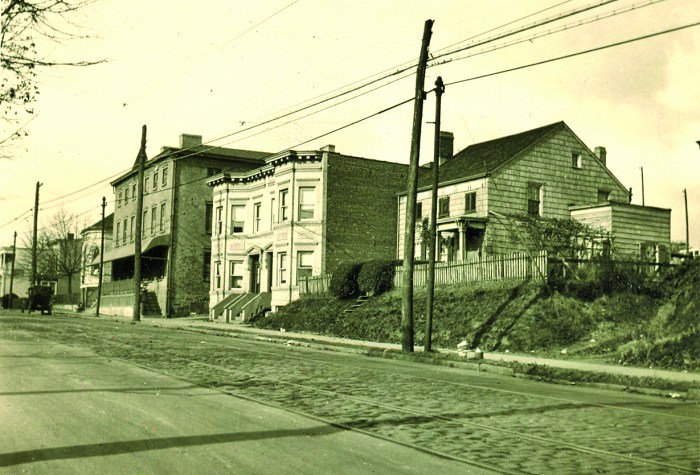Uber is pushing back against a newly passed Taxi and Limousine Commission safety rule, citing security concerns over the city’s data collection needed for the measure.
The commission passed what’s known as the Driver Fatigue Rule this May as a Vision Zero effort to keep sleepy, overworked taxi and for-hire vehicle drivers off city streets. On Friday, the commission published an amendment to the rule in the City Record that would require Uber, other e-hail apps and the black car industry to provide the agency with drop-off times and locations in order to track driver hours.
Uber has resisted the rule since its inception, for several reasons, and has long fought to keep a hold on its trip details. The San Francisco-based company claims that the new amendment jeopardizes sensitive passenger information.
“Bases reporting the destination of each FHV ride poses a dangerous privacy concern for New Yorkers,” Uber said in a statement. “The city is demanding information that is completely unrelated and will have no impact on its stated goal of reducing fatigue.”
Uber currently provides the TLC with pick-up times and locations, license plate numbers and base information. With drop-off times, the TLC would be able to track the duration and destinations of black car drivers’ trips.
Not only will the drop-off information help regulate driver hours, the agency said in its amendment that it will help with other enforcement initiatives around illegal hailing and reckless driving. It said it would bring greater accountability to the for-hire industry, which has surged to 78,000 cars citywide—four times the number of combined green and yellow taxis.
To protect trip details from the public, the agency said that it would obscure license plates and medallions. Exact drop-off locations will be listed publicly as large areas roughly the size of neighborhoods.
Still, Julie Samuels, the executive director of the nonprofit Tech:NYC, that represents Uber, a paying member of the organization, said that any time data changes hands, it increases the likelihood for that information to be hacked.
“When you’re talking about pick-up and drop-off data, you really start getting into privacy concerns particularly because so many people give their exact address; You enter your home address, doctor’s appointment or any other potentially private information,” Samuels said.
Uber said it prefers instead to provide the TLC with trip durations, not locations.
Jon Orcutt, the spokesman for the transportation nonprofit TransitCenter and former policy director for the city’s Department of Transportation, argued that the data will give the city much-needed insight into the industry.
“We think the city’s approach is reasonable,” Orcutt said. “This kind of data is something the city should have. If there’s a safety rationale, and city is going to get better transit information on our streets, it’s a win-win.”

































